
As a lead developer, you may face certain challenges that jeopardize collaboration within your team.
You may think that most of your problems will be technical in nature, but the truth is that the majority of them will stem from the interpersonal side of things.
Whether it’s creating a strong and positive team culture or preventing conflicts, successfully addressing these challenges can help create a positive and productive working environment where team members can thrive.
In this article, we’ll show you some challenges that commonly appear in the workplace.
Table of Contents
Choosing the right tech stack
One challenge you may face at the beginning of each new project is choosing which tech stack you should use.
A tech stack is a collection of programming languages, frameworks, and other tools used for developing and maintaining software.
Here are some of the more popular tech stacks you can choose from.

Each of these stacks contains different technologies and is used for a distinct purpose.
For example, LAMP includes Linux OS, Apache HTTP server, MySQL database system and PHP.
This versatile stack is especially suitable for building dynamic websites and applications.

Get unreal data to fix real issues in your app & web.
Also, it has perks that some of the other stacks don’t have—it’s open-source and customizable while also being interoperable with other open-source programs.
Given that each stack has a unique purpose, how should you choose the right tech stack for your project?
There isn’t one particular answer to these questions, as your choice may vary from project to project.
When making a decision, you may want to consider the following factors.
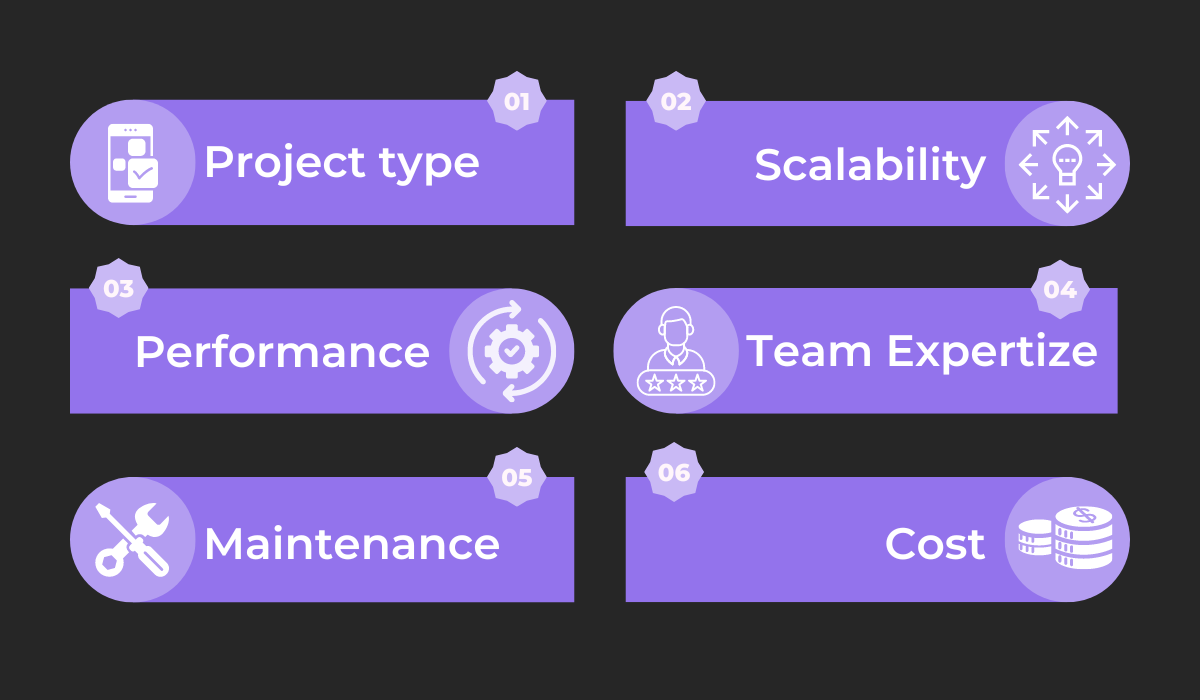
So, your decision will be influenced by the project’s requirements, your expectations around future scalability and maintenance of the code, and the technical knowledge of your team members.
You should have a clear goal for your project and know your target audience and the devices they most often use.
A web application will need a different stack than a mobile app, and Android and iOS app development are entirely different.
You can get some help in making your choice—explore similar projects and study the tech stacks others have used and why they’ve used them.
Building a strong team culture
A challenge you may face that is less on the technical side of things is building a solid and harmonious team culture.
This kind of culture has to deal with your team’s shared values, attitudes, goals, and practices.
Creating a well-balanced team where developers possess the necessary skill set while upholding positive values is complicated, but it can be done.
Even though the idea of a team culture can sound vague, difficult to define and measure, it’s still a crucial concept, and successfully tackling this challenge can have many benefits.
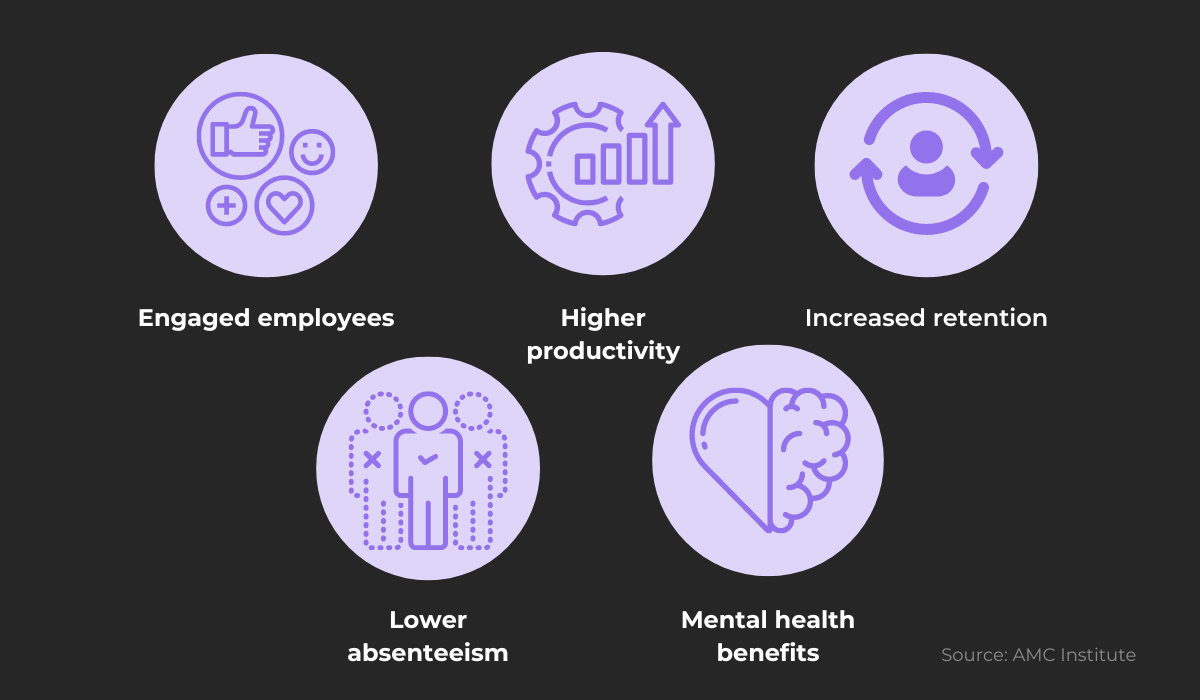
Having a good team culture can motivate and engage your employees and positively impact your team’s long-term success and well-being.
With a healthy team culture, you help your team be happier, more productive, and enjoy coming to work daily.
New employees especially value the culture they are joining.
As Kristen Robinson, senior vice president of Women & Young Investors Fidelity Investments, says:
Clearly, many young professionals are thinking about more than money and are willing to sacrifice a portion of their salary in exchange for a career move that more closely aligns with their values or passions or improves their work/life balance.
There are many things you can do to start improving your team culture.
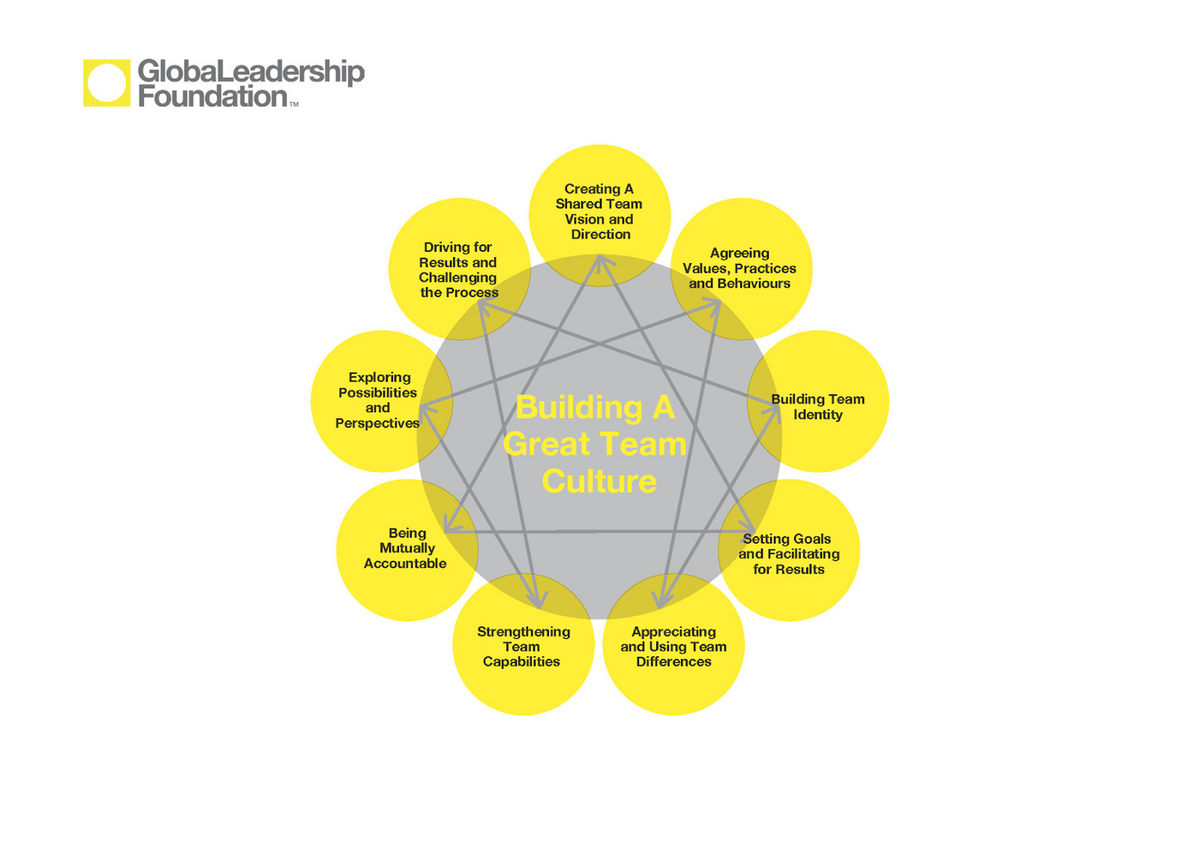
All of these approaches revolve around your team members being appreciative of each other’s differences and using them to reach a shared goal through collaboration.
One practice that can badly impact team culture is hiring individualistic software developers.
Many team leaders sometimes hire rockstar developers, people who are very talented and productive but often simply don’t fit the team culture.
Candidates like these can damage your organization’s culture by reducing morale while increasing employee resentment.
They can be extremely good at what they do but be difficult to work with, especially in large teams.
We would advise you instead to prioritize your team’s culture—a cohesive team will work much more effectively than any individual.
Hiring the right developers for the team
After you’ve built a solid team culture, you might also want to assess your hiring practices.
It’s often challenging to find suitable candidates with the necessary technical skills and experience, who are also the right cultural fit.
Most tech hiring managers and recruiters would agree with this.
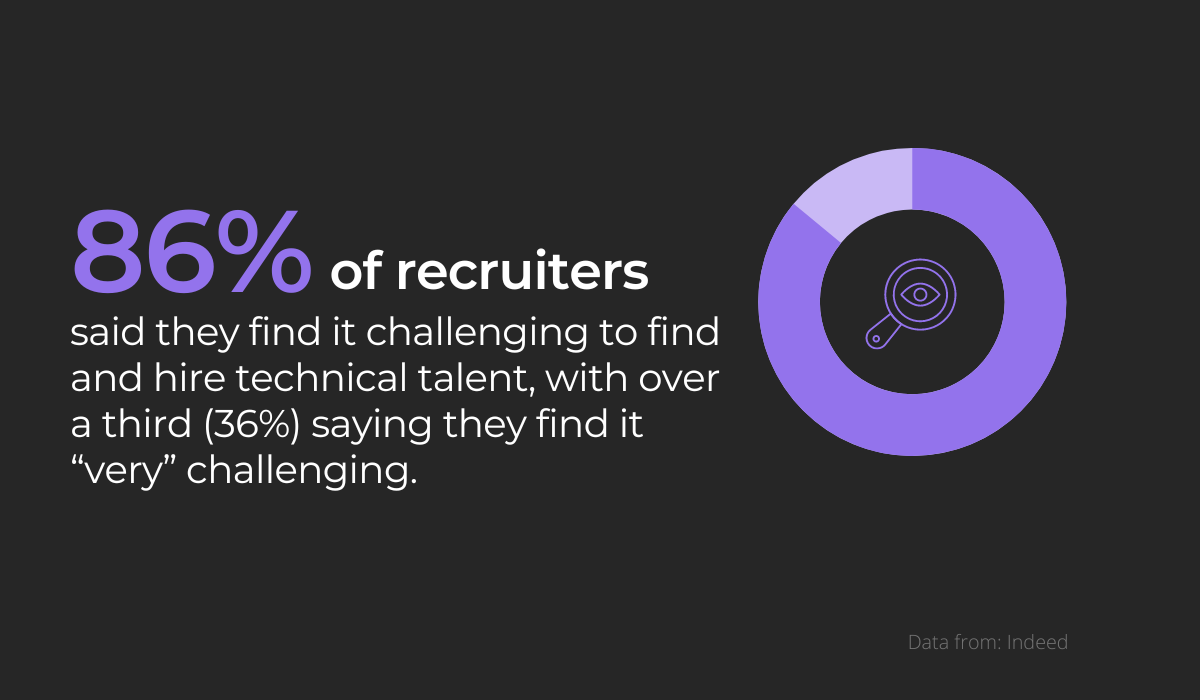
According to this survey, managers and recruiters say there is a shortage of adequately qualified software engineers, often leading to sub-par candidate hiring.
With this information in mind, you might decide to hire developers just by looking at their CVs, choosing the ones with the most experience and skill.
But, focusing too much on this aspect can prevent you from evaluating the candidate as a whole—their ability to problem solve, think creatively, and, most importantly, work in sync with the rest of your team.
This last point is crucial, as adding a new member to your team almost always makes an impact on team dynamics and the work atmosphere.
It is your responsibility to hire a candidate that will improve your team instead of hindering its progress by disrupting the carefully built relationships you’ve nurtured so far.
Here’s what Naveen Veeravali, Senior Engineering Manager at Uber, has to say on this topic.

He also points out that there isn’t one general rule for hiring software engineers. Instead, you need to consider the specific criteria for every role.
Do you want a candidate who is a good mentor or someone who can be mentored? Are you looking for a particular skill in the employee or a jack-of-all-trades?
Keeping these criteria in mind while interviewing potential candidates is a great way to supplement the information in their CV.
That way, you will be able to gauge their technical skills, but also their fit for the role you are looking for.
Mentoring less experienced developers
Your new employees might already be seasoned professionals, or they could be junior software engineers in need of training.
If your hires are less experienced, mentoring them is especially necessary.
As a team leader, you might want to work on your mentoring skills to inspire and guide new and existing team members while also passing on mentorship skills to colleagues.
By creating a learning and supportive relationship between yourself as a mentor and someone who wants to grow and improve, you can teach your less experienced co-workers valuable skills and introduce them to your way of doing things.
Mentoring has many other benefits for software developers that contribute to their professional and personal growth.
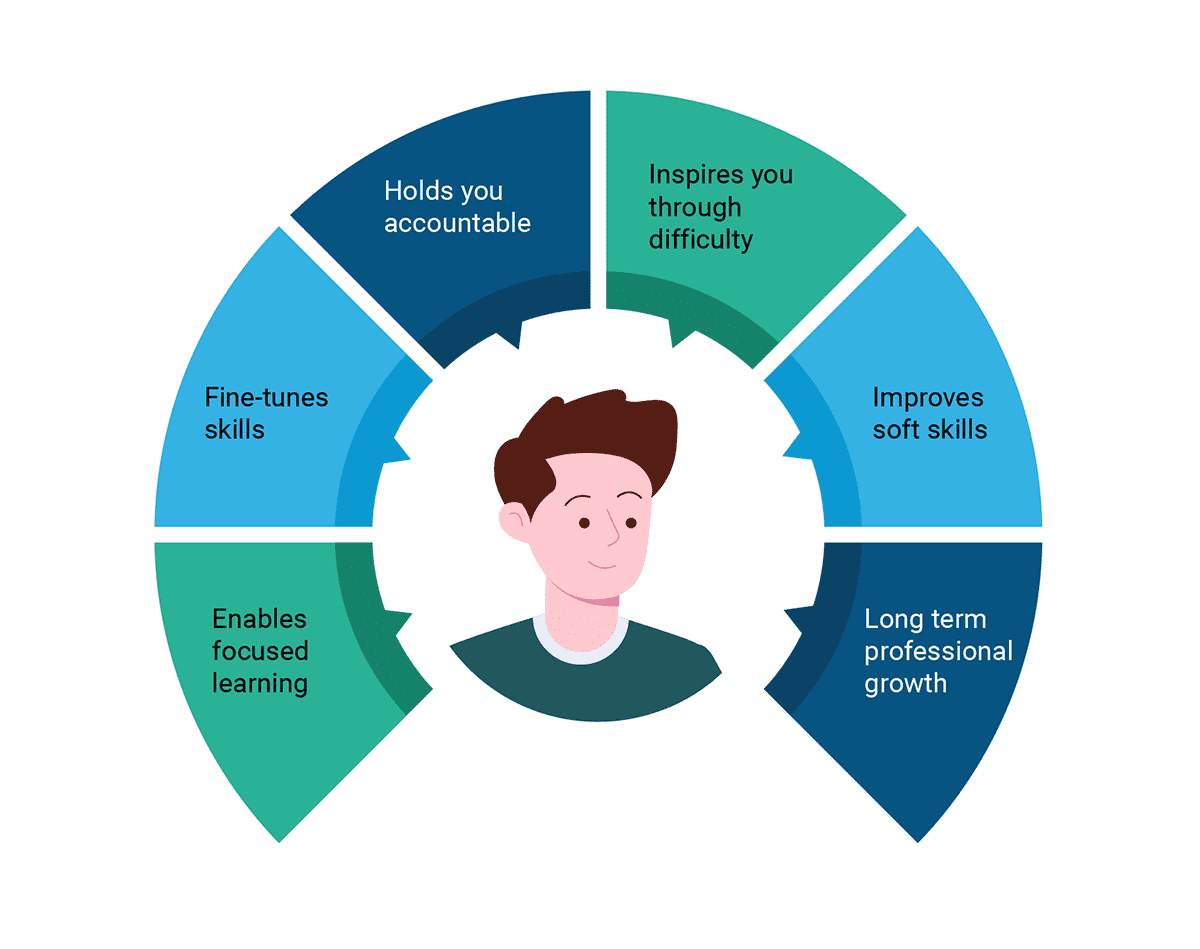
A successful mentorship will provide much-needed focus to your employees, teaching them valuable technical and interpersonal skills while further strengthening your team culture.
Furthermore, mentorship can help keep employees in your company for longer.
Gergely Orosz, the author of The Pragmatic Engineer, believes mentoring can be an excellent way to increase employee retention, saying:
It’s one of the best tools to retain people at the company. When developers get mentoring, they learn. When they learn, they are engaged. When developers are engaged, they are a lot more likely to stay.
To be a good mentor, you should have the following attributes.
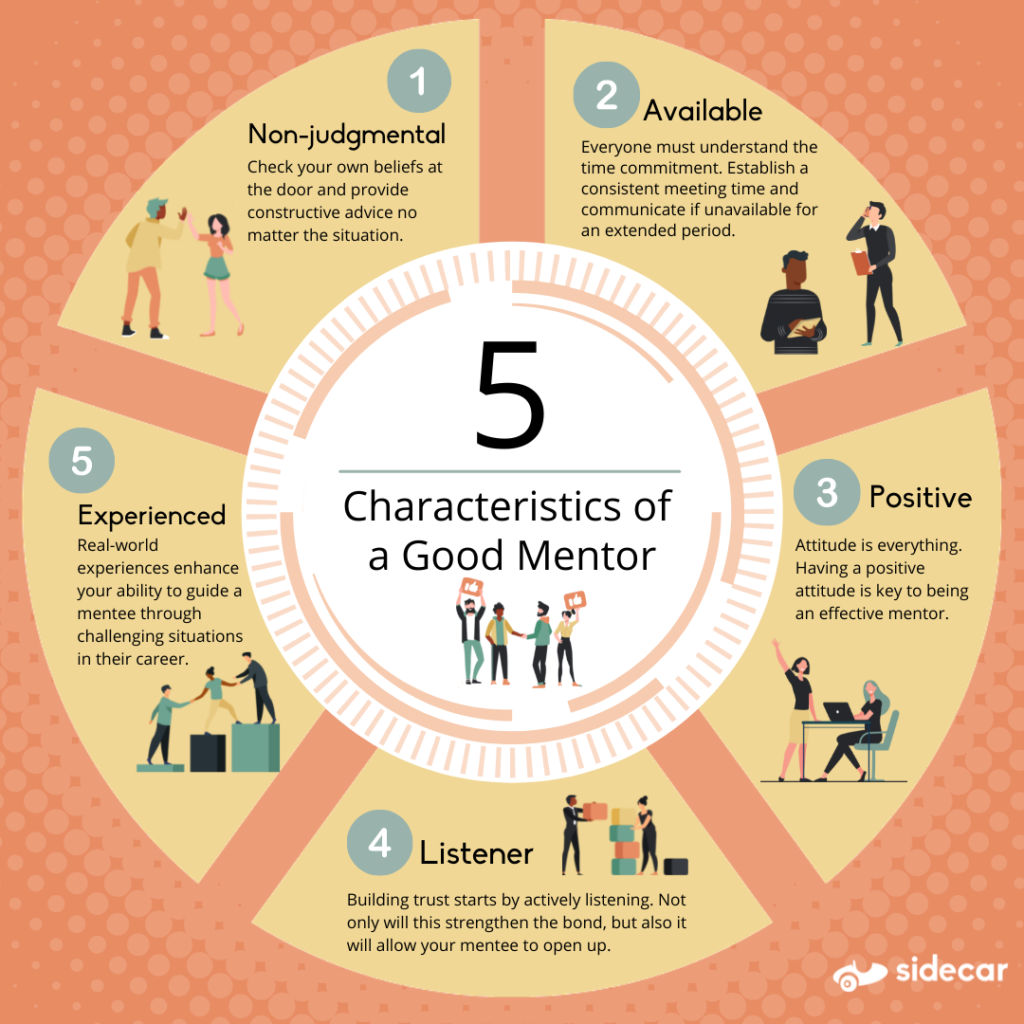
These characteristics will make you approachable and make it easy for employees to come to you with questions and any difficulties they face.
To be a great mentor, however, you might want to avoid solving your mentee’s problems for them and instead empower developers to figure out solutions on their own.
That way, you give them the tools they need to succeed, but the success is their own. And successful employees are your best resource. So make sure to mentor them.
Managing dev team conflicts
Conflicts are inevitable in the workplace, and effectively managing them may be one of your challenges as a team leader.
Learning to resolve team disputes successfully is a way to help make them productive, and not just frustrating and stressful.
As a team leader, you may act as a mediator between conflicting parties or be directly involved.
Either way, the first step to properly managing the situation is to know what makes conflict healthy or unhealthy.
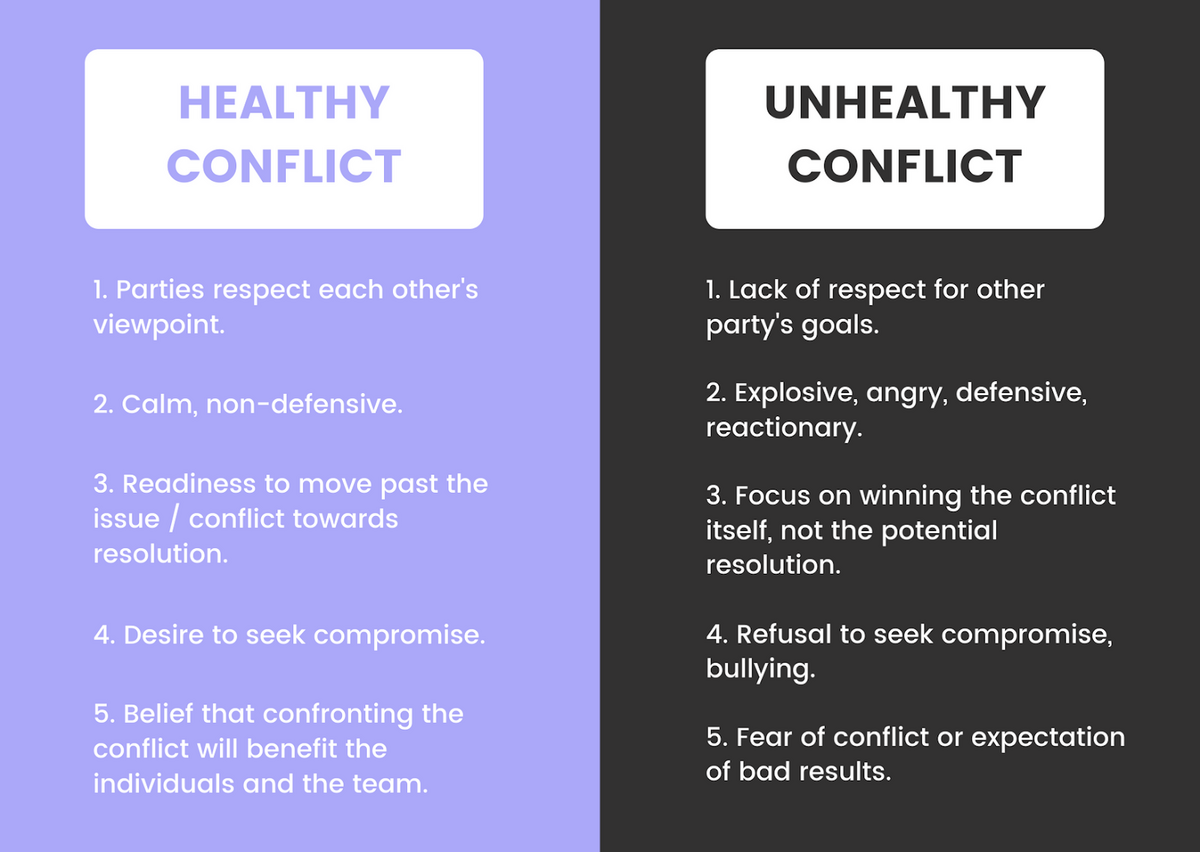
As illustrated above, keeping things civil and avoiding personal attacks is one of the main ways to help de-escalate conflict situations.
To come up with a healthy resolution, the issue causing the disagreement should be the primary focus. You’ll want to come up with creative solutions acceptable to all parties.
You also need to be careful not to be the source of conflict yourself, as a team lead.
Leaders can sometimes inadvertently cause a rift between their employees due to an improper management style.
For example, according to Ronak Rahman, developer relations manager at Quali, avoiding micromanaging and learning to trust your team will be one of your biggest challenges as a team lead.
In his view, developers are creative individuals that are incredibly invested in their work and respect their independence, saying:
We are employing fully baked developers… and then we’re trying to tell them how to do the thing that they are experts at and that causes a lot of friction, especially when you have managers that don’t understand that.
By properly addressing conflicts that you may be the source of, you can help establish stronger connections between your teammates.
Removing these potential blockades can provide a stress-free environment and make your employees happy to come to work every day.
Preventing developer burnout
When talking about making the workplace less stressful, one challenge you may face that directly affects this is addressing burnout.
In a dynamic environment such as software development, many developers can quickly get overworked and exhausted, getting to the point of experiencing burnout.
While you might already be familiar with the concept, we will provide you with the World Health Organization’s definition of burnout.
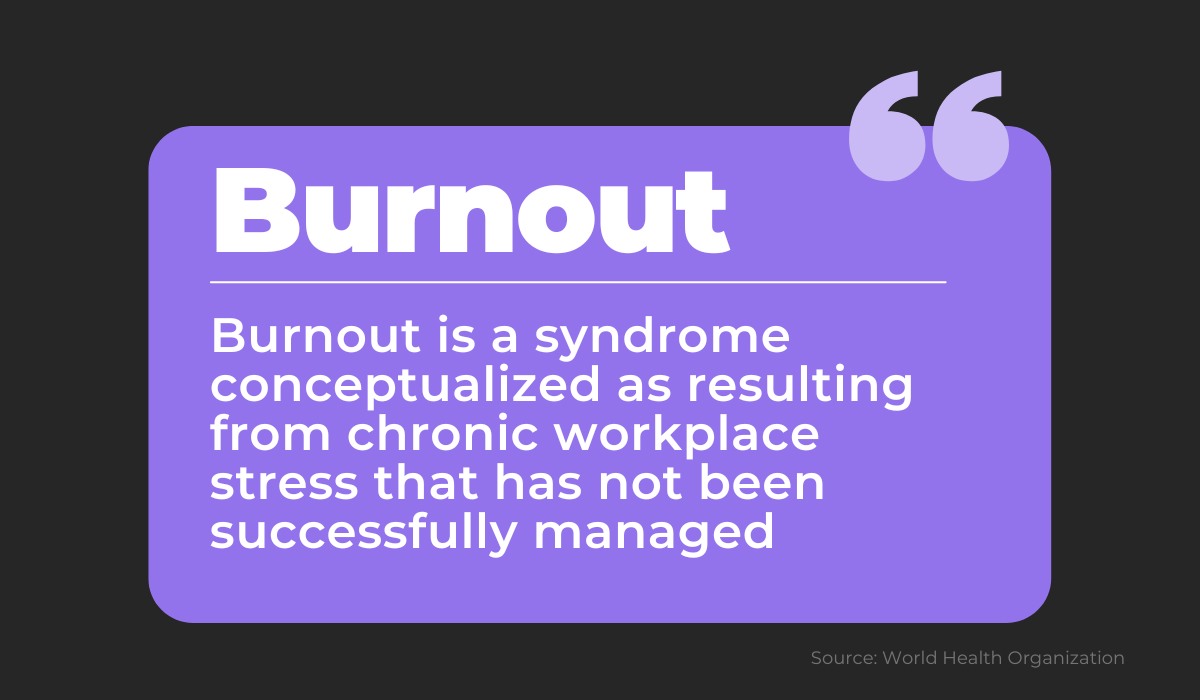
Defined like this, burnout is associated explicitly with workplace stressors, so handling burnout is the responsibility of team leaders and managers.
The low supply of developers makes burnout especially important—with fewer qualified engineers around, the ones that do work can get impossible workloads thrown at them.
What’s more, the amount of work, even though it is the main culprit, is just one factor that may cause burnout.
There are many more factors, some of which are shown below.
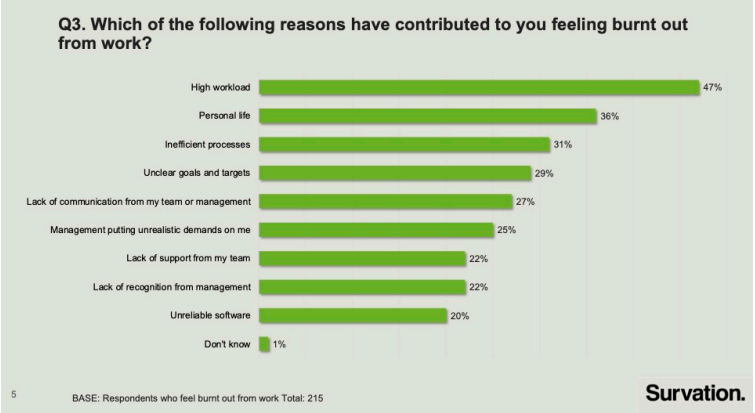
As you can see, most of these reasons for burnout are external, connected to management or other team members, and if left unchecked, they can have many detrimental effects on your teammates.
However, as a team leader, you are not powerless in this situation. You can take some steps to prevent burnout from occurring or to manage its effects.
One way you can help is by learning to notice the signs of burnout in your employees.
Burnout will diminish your developers’ productivity levels, affecting them physically as well as mentally.
To cope with this, they may start isolating themselves from their co-workers, or even taking more time off work.
After noticing these signs it’s best to open a clear line of communication with the burnt-out employees and try to figure out the source of their problems.
Don’t stop there, though. You will need to address the core issues in your work environment that cause frustration and stress, or they will persist and cause more problems in the future.
Conclusion
The software development field is dynamic and ever-evolving, so it can present unique challenges that will take a lot of skill and effort to face.
The ones we showed in this article are some of the most common ones you may encounter, so you might want to prepare for them.
Your task as a team leader is to create an atmosphere where you can facilitate your colleagues’ personal and professional development, creating optimal conditions for learning and growth.
By effectively addressing the covered challenges, you will be one step closer to achieving that goal.




